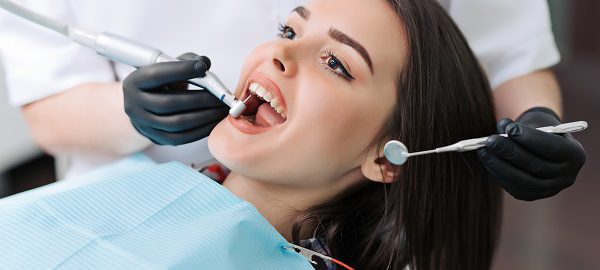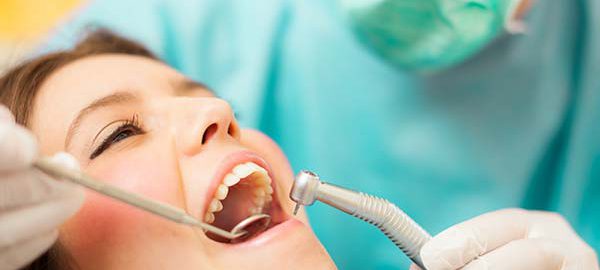When we think about oral health, we often focus on our teeth. But did you know that healthy gums are just as important?
Understanding Periodontal Dentistry
What is Periodontal Dentistry?
Periodontal dentistry is a special kind of dentistry that’s all about keeping your gums healthy. It’s about taking care of the parts of your mouth that hold your teeth in place and keep them safe.
Why Healthy Gums Are Essential
Gums might not get as much attention as teeth, but they’re super important. They hold your teeth in place, protect against bad stuff, and help you have a nice smile. Neglecting gums can lead to losing teeth and even bigger health problems.
Common Gum Problems
Gingivitis: Early Gum Issues
Gingivitis is the start of gum problems. It makes your gums red and bleed when you brush. But the good news is, it’s fixable if you take care of your mouth.
Periodontitis: Serious Gum Disease
If you don’t treat gingivitis, it can turn into periodontitis. This is when your gums get really sick and can even make your teeth wobbly. But don’t worry, there are ways to stop it from getting worse.
Receding Gums and What It Means
Receding gums are when your gums move back, showing more of your teeth. It can make your teeth hurt and not look so good. Taking care of your gums helps prevent this.
What Causes Gum Problems?
Not Taking Care of Your Teeth
If you don’t brush and floss well, yucky stuff called plaque builds up and makes your gums unhappy.
Smoking and Its Effect on Gums
Smoking is bad for gums. It makes them weak and more likely to get sick.
How Genetics Play a Role
Sometimes, genes can make you more likely to have gum problems. But even if that’s the case, good care can still make a big difference.
Spotting Gum Problem Signs
Gums That Bleed Easily
If your gums bleed when you brush, that’s a sign something’s not right. It’s a good reason to see a dentist.
Dealing with Bad Breath
Bad breath that sticks around might mean there’s a problem in your mouth. Fixing it can help your breath stay fresh.
When Gums Feel Sensitive
If your gums hurt when you eat hot or cold things, that’s a sign to pay attention. It could be a sign of gum trouble.
Finding Out if You Have Gum Problems
Your Dental Check-up
When you go to the dentist, they check your gums too. They look for problems and make sure everything’s okay.
What X-rays Show
X-rays show what’s happening below your gums. They help dentists see if there are problems they can’t see on the outside.
Measuring the Space Around Your Teeth
Dentists use a tiny ruler to measure the space between your teeth and gums. It helps them see if there’s a problem.
Ways to Treat Gum Issues
Cleaning Your Gums
Getting rid of plaque and tartar from your gums helps them get better. It’s like a deep cleaning for your mouth.
Fixing Serious Gum Problems
If your gums are really sick, you might need surgery to fix them. It sounds scarier than it is, and it helps make your gums healthy again.
How Laser Therapy Helps
Lasers can treat gum problems without cutting. They help get rid of bad stuff and let your gums heal.
Keeping Your Gums Healthy
Brushing and Flossing Right
Brushing gently and flossing between your teeth keeps your gums happy. It’s like a workout for your mouth.
Why Regular Dental Visits Matter
Seeing your dentist often means catching problems early. They can clean your teeth and check your gums to make sure they’re okay.
Healthy Habits for Strong Gums
Eating good food and staying away from bad stuff like smoking helps your gums stay strong. It’s like giving them superpowers!
How Gum Health Affects Your Body
Links to Heart Health
Gum problems might be connected to heart problems. Taking care of your gums could help keep your heart healthy too.
Gums and Diabetes
Diabetes can make gum problems worse, and gum problems can make diabetes harder to handle. It’s like a two-way street.
Pregnancy and Gum Care
Pregnant people with gum problems might have babies too soon or too small. Taking care of gums is extra important during pregnancy.
Tips for Great Gum Health
Eating Right for Your Gums
Certain vitamins and minerals help your gums stay strong. Eating the right foods keeps your mouth in tip-top shape.
Staying Hydrated
Drinking water helps clean your mouth and keeps your gums happy. It’s like giving them a nice bath.
Managing Stress for Healthier Gums
Stress can mess with your gums and make them sick. Finding ways to relax can actually help keep your gums in good shape.





